Sightseeing Spots
Search Results60
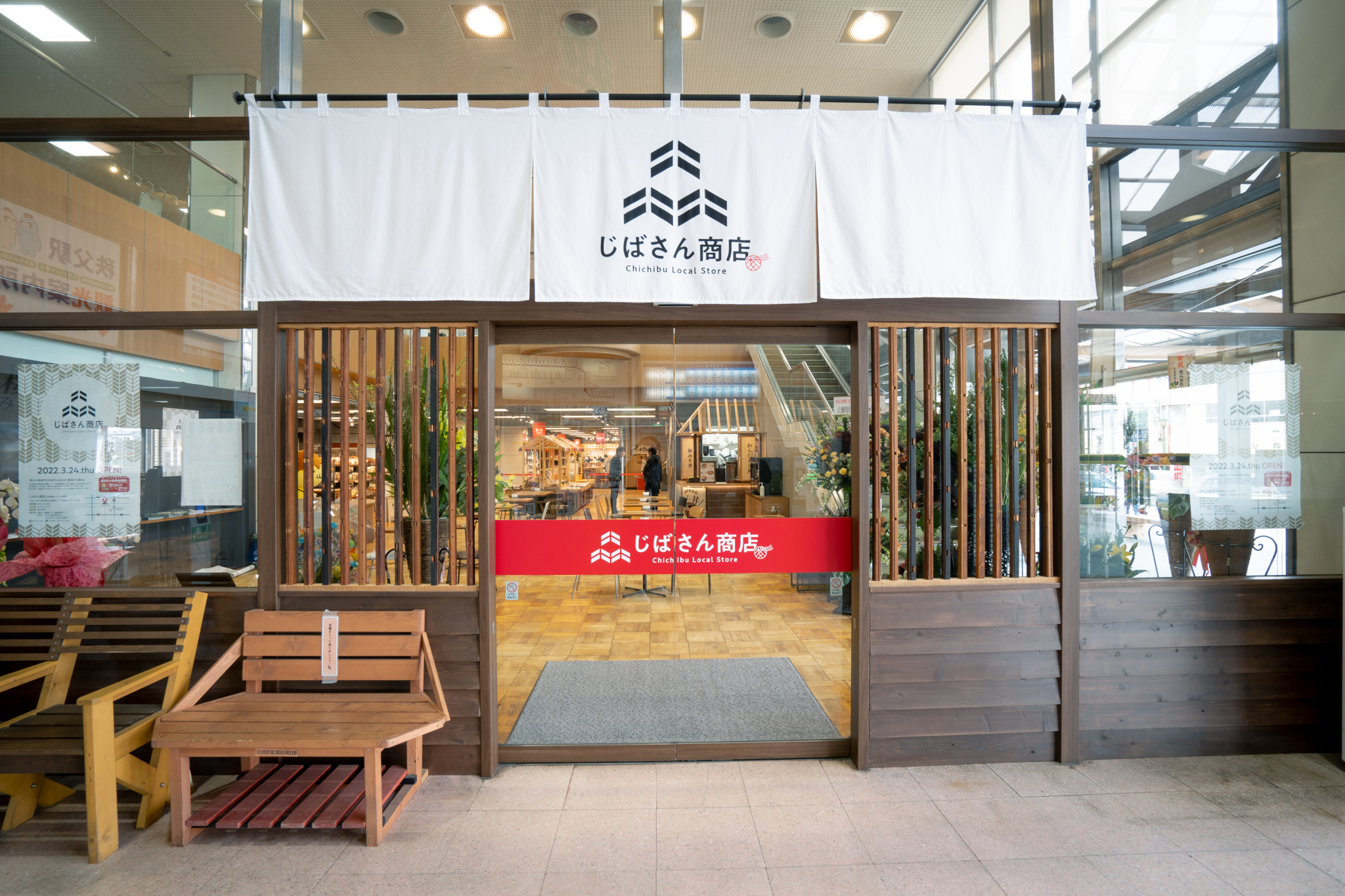
If you're on the search for Chichibu souvenirs, look no further! At Jibasan Shoten they have a wide range of popular souvenirs from the Chichibu area, including vegetables from local farmers, unique area gems, and many goods including the local mascot character, Potekuma-kun. You can also find products to get a taste of daily life in Chichibu, or even find the perfect gift for your loved ones. We look forward to your patronage!
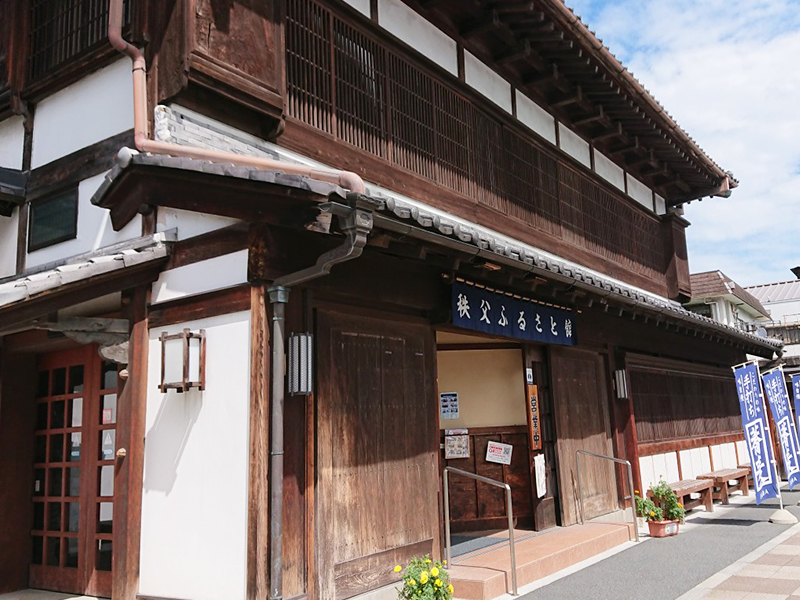
This store was originally the main building of a meisen silk wholesaler that prospered in the Taisho era. It has now been restored as a tourist center that also displays and sells local products. You can also try out the local cuisine at the soba noodle shop!
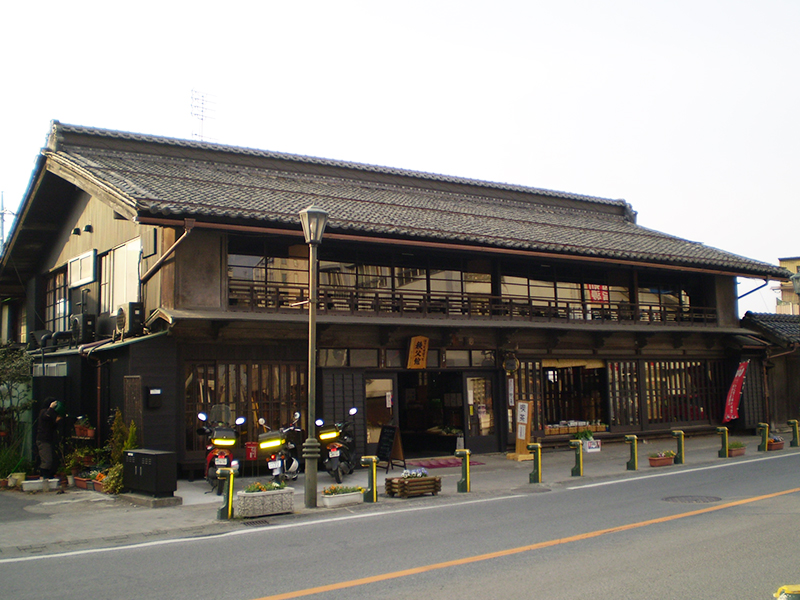
This facility is a center for socializing and tourism established in the early Meiji period merchant's inn, "Chichibu-Kan," which was renovated in a way to preserve its original appearance. The first floor is a free rest space with a large irori (sunken hearth) surrounded by rental boxes where citizens can display and sell their handicrafts and ceramics. Whether you're searching for tourist information or would like mingle with the locals, we hope you will visit Hot Spot Chichibu-Kan!
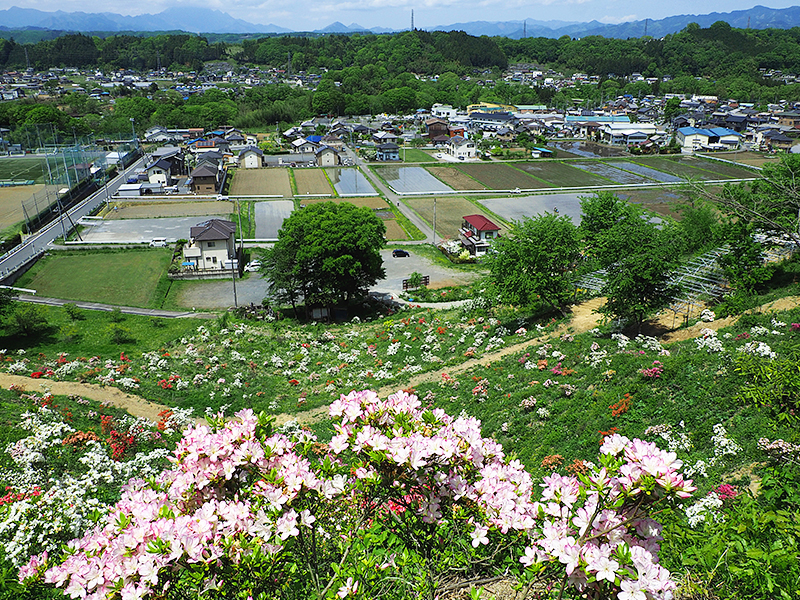
This small, charming hill of approximately 4 hectares has been maintained by local residents and volunteers as a gathering place to watch flowers bloom. Visitors can enjoy a carpet of greenery and mainly white flowers like out of a fairytale; over 6,000 flowers and trees that change from season to season. The town also collaborated with Musashino Art University for a joint project between government and academia to create three integrated artworks, adding even more charm to the park.
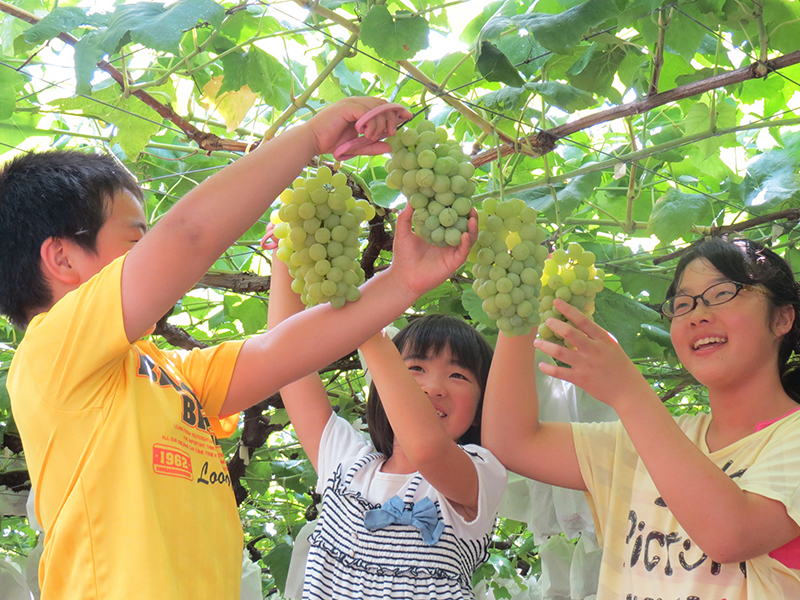
Please contact the farms listed in the link below for information about grape picking in Yokoze Town! Prices vary depending on the type of grape. You can also purchase grapes at the Ashigakubo Roadside Station (The farms will ship grapes when they are ready to eat. We apologize for any inconvenience if they are sold out). All farms incorporate appropriate hygiene precautions for a safe and comfortable visit.
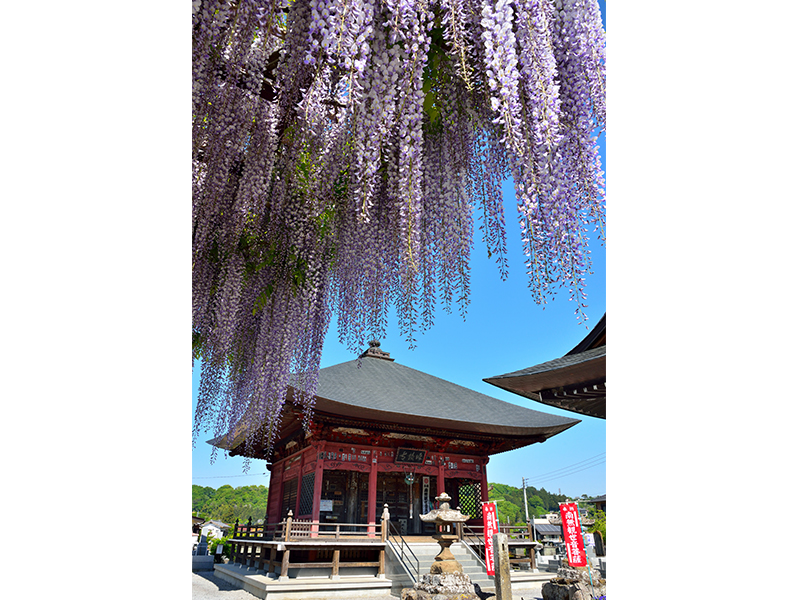
During wisteria season, you can enjoy vines of purple wisteria flowers descending from the trees in the precincts of Gokado Temple on Mt. Ogawa. Magohachi Honma, who built the temple, spent a night discussing the art of waka poetry with a traveling monk to finally master its secrets, and thus named the temple "Gokado" (words and songs temple). According to legend, the monk was said to have been the incarnation of Kannon, the Goddess of Mercy. The stone Buddha in the Koshinto pagoda on the right side of the hall is one of few existing in Chichibu. Collectible goshuin seals are available at Chokoji Temple, about 250 meters away.
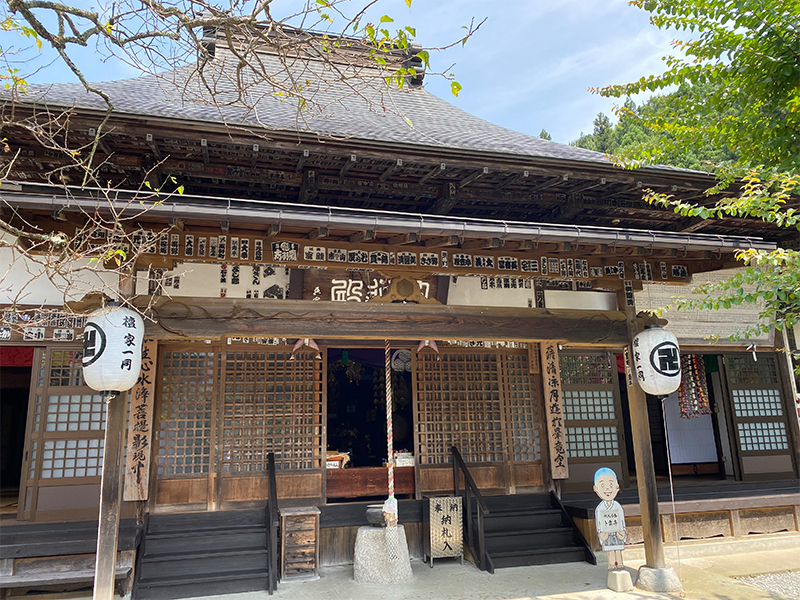
At Bokuunji Temple of Mt. Kōyō, also known as Oginodo, the main deity of Saint Kannon is said to have once stood on the summit of Mt. Bukō. Bokuunji Temple is also dedicated to rare items such as a Seiryoji-style Sakyamuni statue, a picture scroll of good fortune, and a tooth of Yamanba (a mountain witch). A magnificent view of Mt. Bukō is visible from the front of the temple.
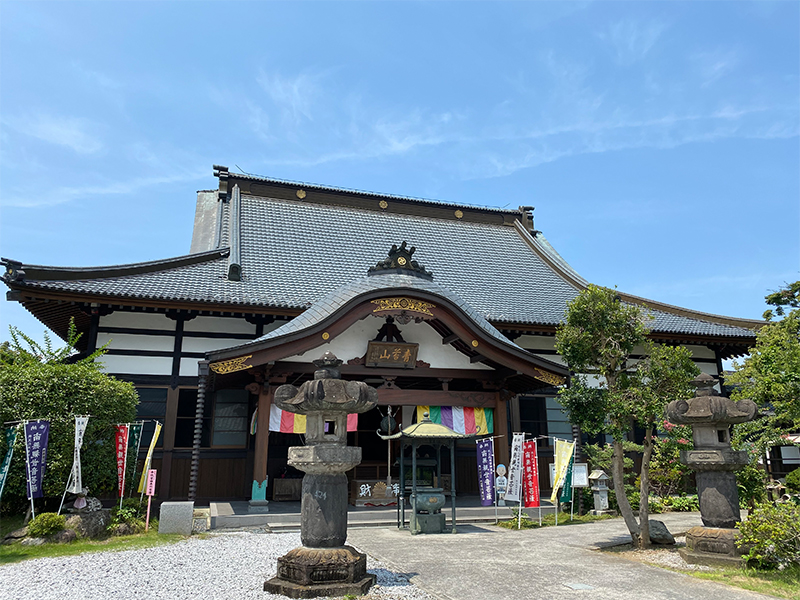
Mt. Seitai Hōchōji Temple, the seventh sacred site and temple, is called Ushibusedo, and the main deity is the eleven-faced Kannon. The eleven-faced Kannon was originally located at Ushibuse in the third ward of Negoya. Due to a disaster in 1782, it was moved to the main hall of Hōchōji Temple, where it has been enshrined ever since. Hōchōji temple is called "Fudasho No.7," also "Mt. Seitai," and it follows the Sōtō school of Buddhism. The temple was founded by Ryodo Kansei, who passed away in 1606. The founder of the Buddhist sect here was Shigekata Uchida, the second generation head of the Uchida family, and the Uchida family is said to be of the Fujita lineage, after adopting Hōjō Ujikuni as a son-in-law.
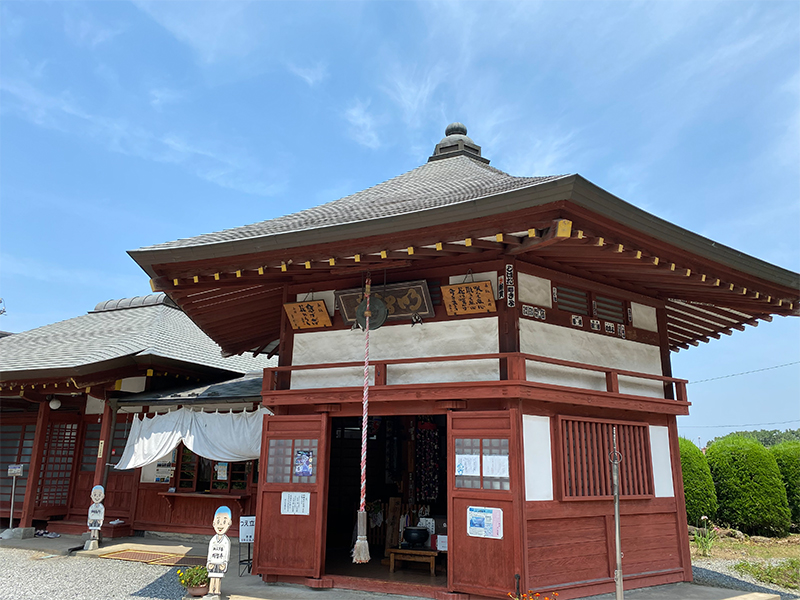
A temple for safe childbirth and child-rearing, and protection from evil. The main deity of the temple, Nyoirin Kannon, or Cintamanicakra, is said to be the God of Mercy and Wisdom, who holds a wish-fulfilling jewel that removes evil and purifies the clouded mind, relieves suffering, and bestows prosperity by giving gold and silver treasures. In the precincts of the temple are three Muromachi period (1336-1573) blue stone pagodas of the three Amitabha images and a mound of letters from the first year of the Hoei era, in which women wrote down their wishes and deposited them.
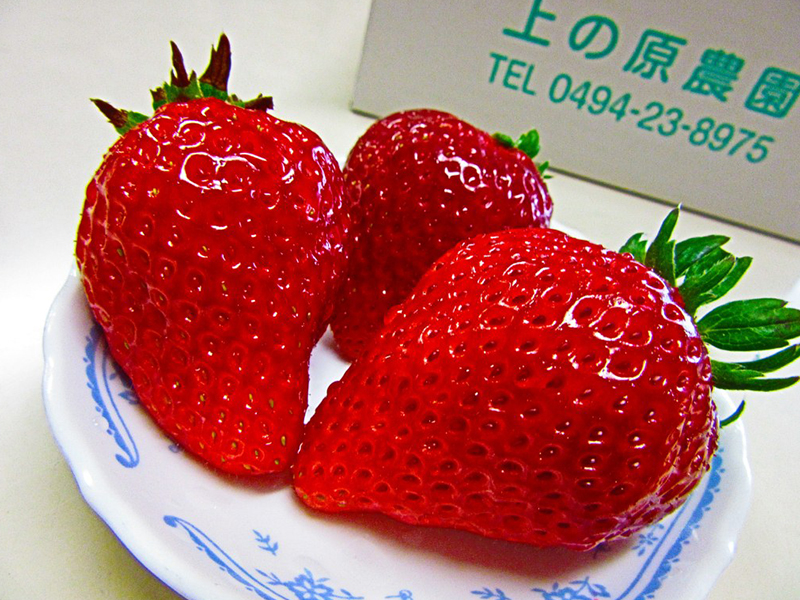
Enjoy the all-you-can-eat package at the farm, or pick and take the strawberries home instead! It's possible the all-you-can-eat will be finished depending on the season's harvest. All-you-can-eat varieties: Beni-poppe, Tochiotome, Yayoihime, Souvenir varieties: Amarin, Beni-poppe, Tochiotome, Yayoihime
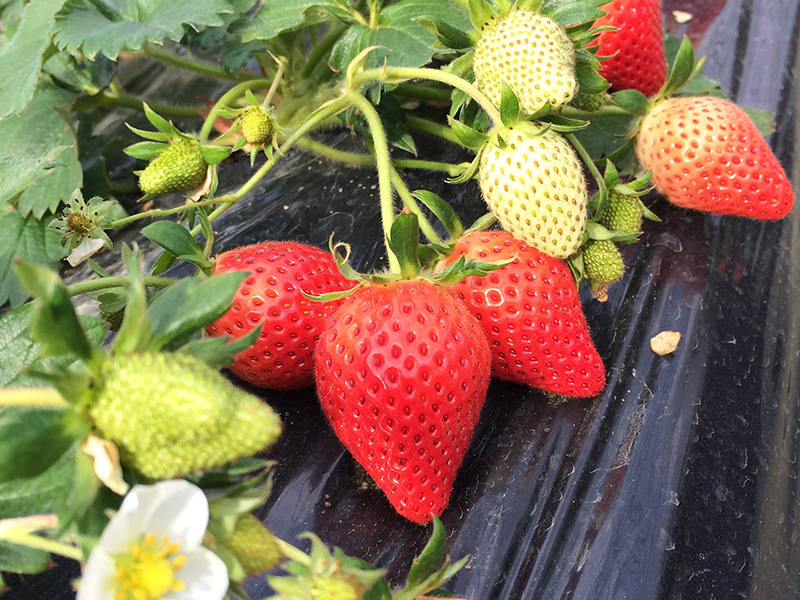
A 10 minute walk from Yokoze Station. Also a 10 minute walk to Hitsujiyama Park and Shibazakura no Oka. Strawberries grown with a focus on the best taste and assurance of quality.
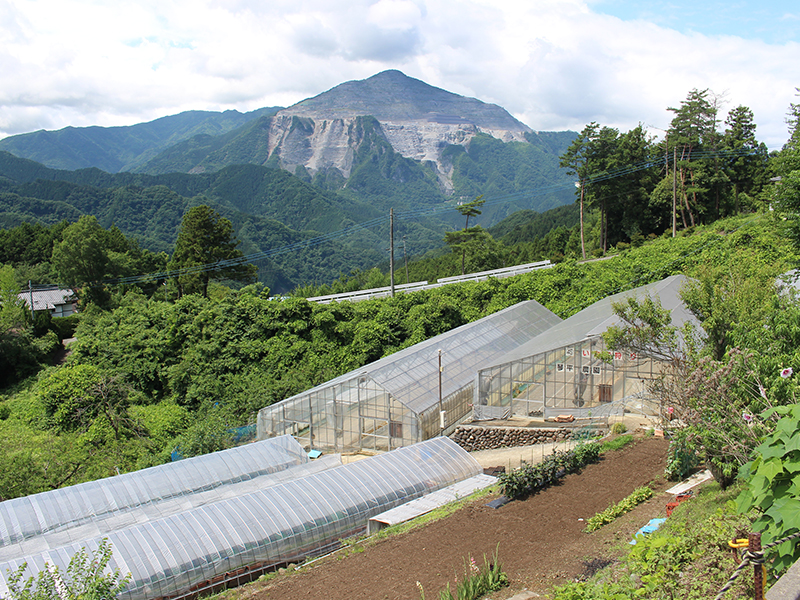
You can enjoy fruit picking and tasting at this sunny farm located on a south-facing slope. A spectacular view of Mt. Bukō is right in front of you! As a health precaution, we ask that visitors wear a mask and disinfect their hands.
This site uses cookies to improve the user experience. If you continue to browse, you consent to the use of cookies on this site. Accept
CONTACT
